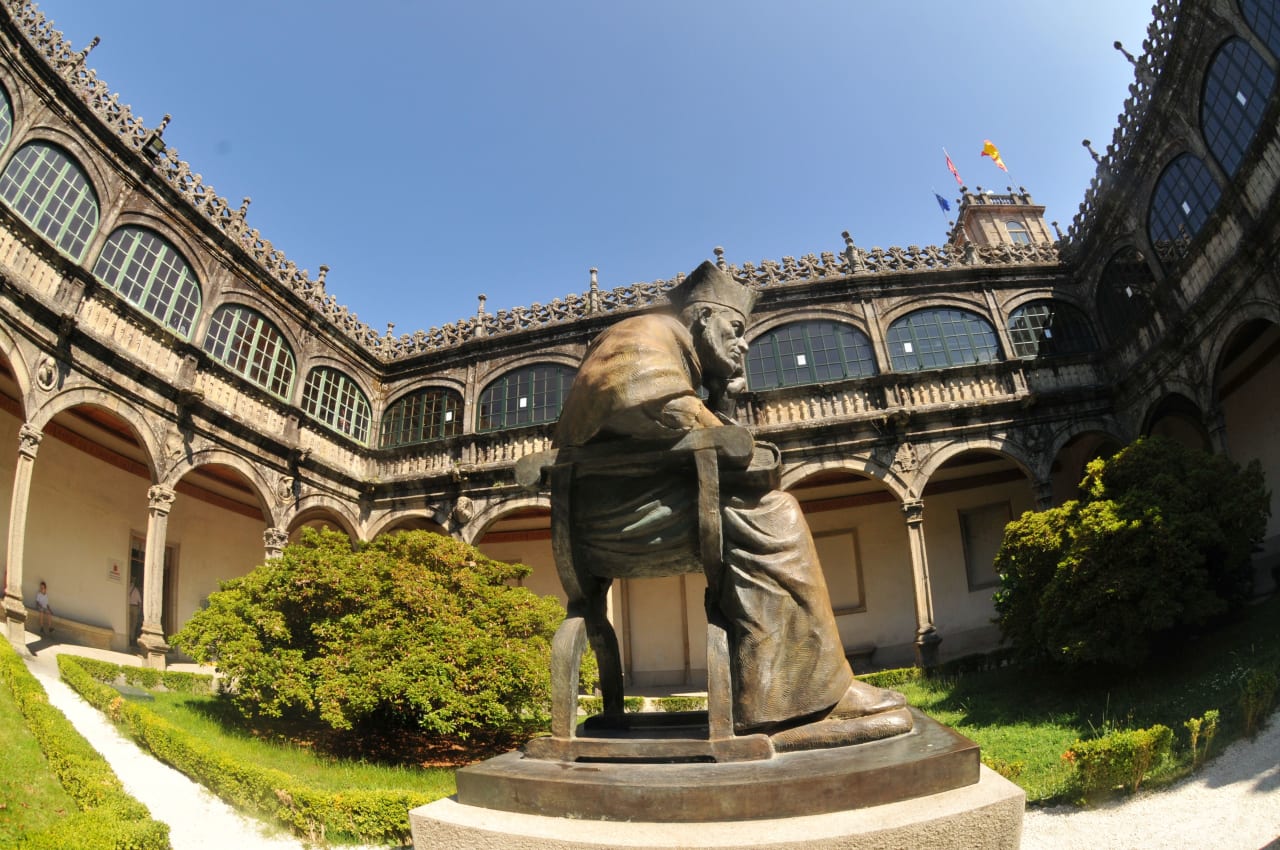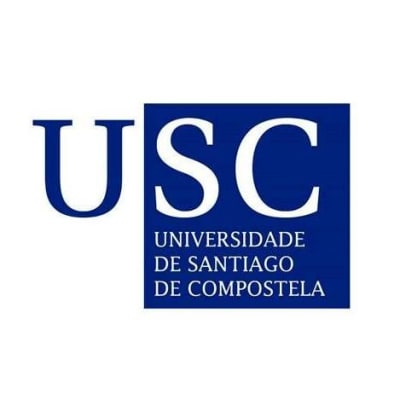
Master's Degree in Planning and Territorial Management (Santiago Campus)
Universidade Santiago de Compostela

Key Information
Campus location
Santiago de Compostela, Spain
Languages
Spanish, Galician
Study format
On-Campus
Duration
1 year
Pace
Full time
Tuition fees
EUR 854
Application deadline
Request info
Earliest start date
Oct 2024
Introduction
This master's degree aims to train specialists in planning and managing the territory from a multi-scale perspective, covering urban, rural, peri-urban and natural spaces. Its objective is to transmit the necessary skills so that its graduates are capable of leading work teams for territorial planning and urban planning. This entails the preparation of planning documents (binding or indicative) and the design of participatory processes in line with territorial development. It starts from a resolutely multidisciplinary approach and pays special attention to the sustainability of the territory in its environmental, economic and socio-cultural dimensions.
Curriculum
The study plan requires passing 60 credits (ECTS), which include mandatory external internships (6 credits) and the Master's Thesis (6 credits). The program offers a total of 45 credits of elective subjects, distributed among three specialties, of which each student must take a minimum of 21.
This master's degree includes three specialties:
- Specialty in Urban and Regional Planning
- Specialty in Information Technology and Environmental Planning
- Specialty in Management of rural areas and natural interest To obtain the title for a specialty, the student must take a minimum of 15 credits of subjects belonging to the module of said specialty.
To obtain a specialty it is necessary to complete at least 15 credits of the subjects included in it. The rest of the Elective credits can be taken with subjects from the same or other specialty modules. Finally, if you wish, if you do not meet the previous requirement, you can also obtain the title without a specialty.
Teaching is in person and takes place simultaneously via videoconference in two centers: the Faculty of Geography and History (Santiago de Compostela) and the Higher Polytechnic School of Engineering (Lugo).
Students can request to take the program part-time, with the subjects spread over two years, with 30 credits in each.
Program Outcome
- Train specialists to carry out studies of the territory that serve as a basis for territorial planning in terms of territorial sustainability, as well as natural resources, particularly soil as a scarce resource, by the Administrations and the company.
- Contribute to the integration between urban and rural areas and the most vulnerable spaces such as protected natural spaces, mountain areas and coastal areas, promoting environmental and territorial sustainability, and favoring the application of the European Union strategy European Spatial Development Perspective (ESDP). of 1999), as well as the Territorial Agendas of 2007 and 2011.
Gallery
Ideal Students
This program is aimed at graduates in three main areas: Architecture and Engineering, Social and Legal Sciences and Sciences. In the first, priority access will be given to graduates in Engineering (Agricultural, Forestry, Civil), Landscape and Architecture; in the second, those of Geography and Territorial Planning. Depending on their training preferences, students may choose to study one of the three specialties offered:
- Urban and regional planning
- Information technologies and environmental planning
- Management of rural areas and natural interest.
Career Opportunities
The training pursued in the master's degree aims to generate in the graduate the ability to develop planning and management instruments that make it possible to guarantee the sustainability of the territory, in its environmental, economic and sociocultural dimensions.
In short, it addresses a strategic issue for postgraduate training at the University of Santiago de Compostela and, in general, in the Galician University System, with undoubted professional opportunities both in Galicia and outside it.
On the other hand, the training received is considered essential for the completion of a doctoral thesis in territorial studies at any scale.